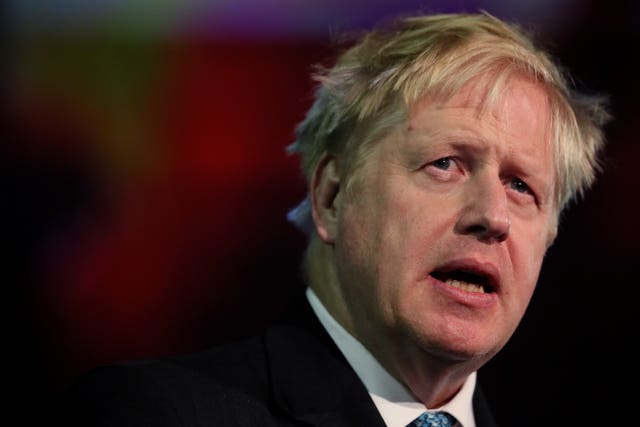‘May ends in June’ – What the papers say about PM’s future
Political movements make headlines in Friday’s papers.

Theresa May’s future as Prime Minister has been a mainstay on newspaper front pages for months and Friday’s offerings are no different.
Mrs May’s agreement that she would discuss a timetable for departure leads many papers – while others turn their attention to who may replace her at Number 10.
The Daily Telegraph highlights the emotion of Thursday’s events, carrying the headline “Tory ‘men in grey suits’ tell tearful May her time is up”.
Inside, the paper’s leader says: “Theresa May bows out of British politics the way she has run things: with little explanation.
“The history books will record with astonishment that her Agreement suffered the largest defeat of a Government in history, back in January, and yet she clung on for another six months.”
The Times says Mrs May has “resisted calls to set a departure date”, adding supporters of Boris Johnson’s bid for PM “believe that his best chance of winning the contest is for it to be held against the backdrop of a failure to achieve Brexit”.

“Boris shows his hand” is the headline in the Daily Mail, who focus on the former foreign secretary.
Calling Mr Johnson’s bid “dramatic”, the paper points out Mr Johnson said he was “going for it” at a similar moment to Mrs May meeting the 1922 Committee.
The Daily Mirror calls it the “final countdown” and carries the punny headline “May ends in June”.
It adds that Mrs May was “in tears” as she was forced to leave Number 10, but also that the country was “in tears as Boris leads the race for the top job”.
Pippa Crerar in the paper riffs on Mrs May’s fondness for cricketer Geoffrey Boycott and her admiration for his staying power.
Saying that Mrs May has “endured” poor local election results, parliamentary defeats and the 2017 general election, Ms Crerar adds: “While she fought for one last shot at getting her Brexit plan through, she also had a tougher deadline.
“On June 15 Tory members are gathering to pass a no-confidence vote in Mrs May’s leadership.
“Her closest political allies admit that she could not bear the humiliation of losing. Like Boycott before her, she was a poor captain, and ultimately that was her downfall.”





